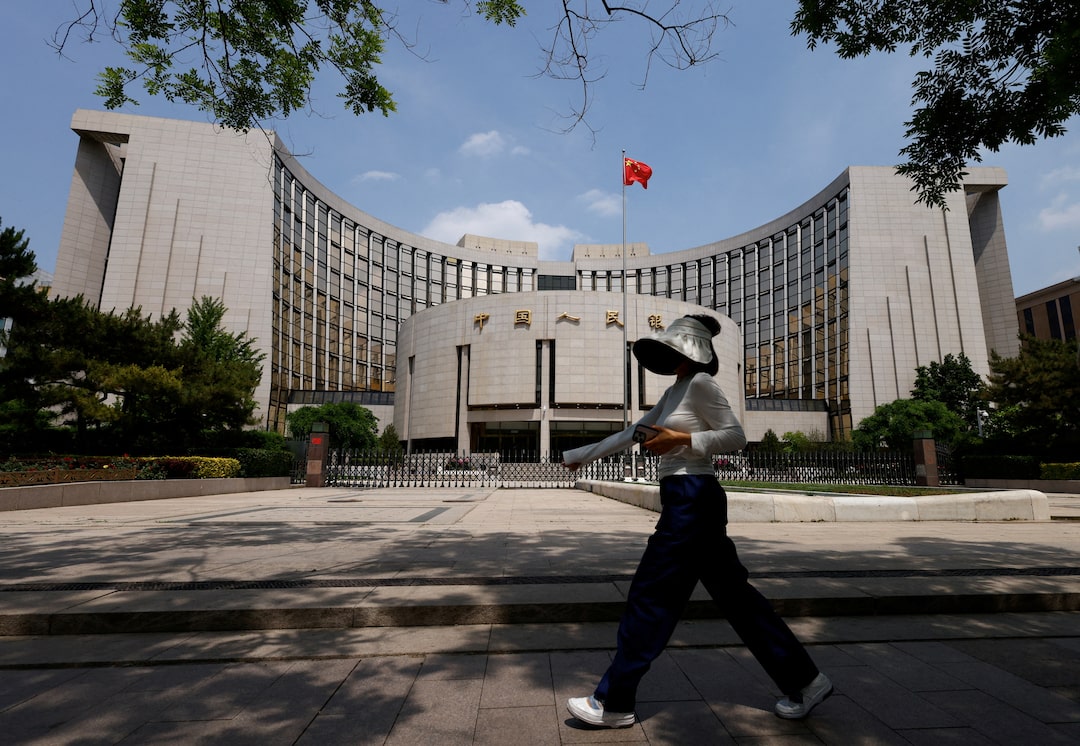
The series of tariff policies implemented since Trump took office have further escalated global economic and trade tensions, significantly impacting the economic policies and market expectations of countries worldwide under the influence of U.S. tariff measures. Among these, the tariffs imposed on China were particularly severe. Taking the U.S. imposition of a 125% tariff hike on Chinese goods as an example, the trade war triggered by the U.S. government's tariff increases led to heightened tariff barriers between the two nations, altered the flow of global trade imports and exports, and forced a restructuring of global supply chains. Although the U.S. government has now revoked the tariff hikes on China and other countries, the effects of these measures cannot dissipate quickly in the short term.
The trade war initiated by the U.S. government disrupted the global economic and trade landscape, causing significant shocks to international markets and financial systems. Before the U.S. rolled back its tariff policies, the tense economic and trade situation temporarily eased, but the resulting challenges remain urgent issues to address. Against this backdrop, countries affected by the trade war must implement corresponding policy adjustments to mitigate its impact. It was under these circumstances that China adopted a policy of lowering its benchmark lending rate.
The reduction in the benchmark lending rate has, to some extent, lowered financing costs for businesses and boosted confidence among domestic and foreign investors, as well as consumer spending. By cutting the benchmark lending rate, China aimed to stimulate economic growth, stabilize market development, sustain steady expansion, and alleviate the negative effects of the trade war. This measure not only alleviated pressure on export-oriented enterprises but also stimulated domestic market growth, partially offsetting the adverse economic impacts of external shocks.
China's benchmark lending rate cut reduced borrowing costs and spurred domestic consumption and demand, contributing positively to the country's economic development. Following the rate reduction, the psychological preference for saving diminished, encouraging people to spend more, thereby increasing aggregate demand and fostering market consumption. Additionally, the lower benchmark lending rate eased the burden on the market economy, enhanced investor willingness, and further promoted employment and income growth, creating a virtuous cycle.
In the global capital markets, China's benchmark lending rate cut demonstrated its commitment to restoring market stability amid the trade war, guiding future economic development and rebuilding confidence among global investors. While the rate reduction helped mitigate market volatility and uncertainty caused by the trade war, it also carried potential risks, such as currency depreciation and capital outflows, despite its stimulative effect on corporate investment and consumption.
In conclusion, the policy adjustment of lowering the benchmark lending rate, adopted in response to the trade war, stimulated market investment, restored consumer confidence, and promoted economic growth. However, given the complexity of the current global economic landscape, the long-term effectiveness of this measure must be evaluated in conjunction with various domestic and international factors to ensure China's sustained, healthy, and stable economic development.

報告顯示,中國電力投資加速增長,預計2024年電網基建投資將超過5300億元。
近日,市場迎來了一則引人注目的消息:工業巨頭3M公司(MMM.N)在本周五公布了其季度業績報告,隨後股價飆升至近兩年來的
最近,外媒給OpenAI算了筆賬,今年可能要血虧50億美元。
近日,巴黎奧運會和世界鐵人三項協會聯合發布了一項重大決定,宣布因塞納河水質污染問題,原定於近期進行的奧運會鐵人三項首次下
當地時間7月18日,法國巴黎發生了一起令人震驚的持刀襲警事件。
近期,一則重大消息在國際舞臺上引起軒然大波,馬來西亞宣布加入金磚國家。
調查發現,互聯網和智能手機的使用幹擾了韓國近五分之一學生的生活。